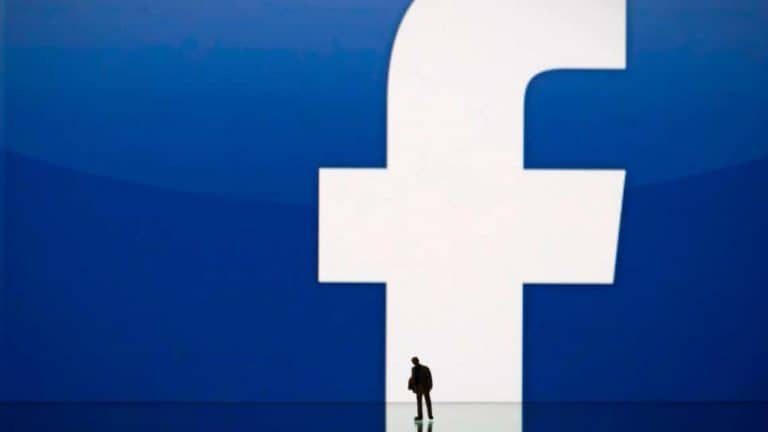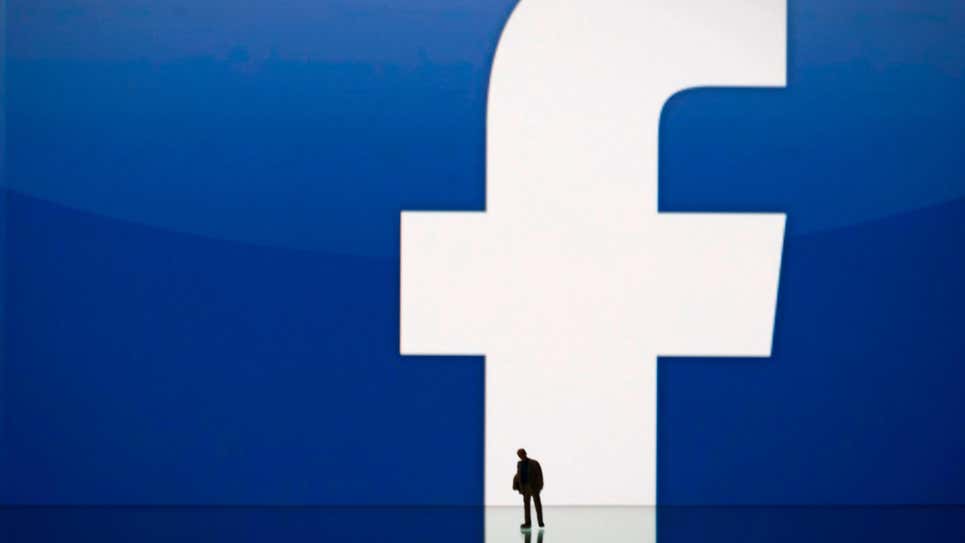

Representatives from Facebook will soon return to the hallowed halls of Congress where they will resume their favorite pastime: getting screamed at by legislators about how they’re ruining America.
This time, the lucky company representative is Antigone Davis, Facebook’s global head of safety, who will be facing down charges that Instagram (also owned by Facebook), is bad for children’s mental health, The Washington Post reports. These claims have existed for years but have garnered renewed interest recently, following the publication of the “Facebook Files,” a series of articles written by the Wall Street Journal that are based on leaked internal communications from the company. Those leaks, provided by a whistleblower, show, among other things, that researchers at Instagram have conducted internal studies into the issue of children’s mental health and are keenly aware of just how damaging the app can be—especially to teenage girls.
Because of all this, a hearing has been planned for next Thursday by the Senate Commerce subcommittee on consumer protection. The same whistleblower who shared the leaks with the Journal has also apparently been sharing “reams of documents” with the offices of Sen. Marsha Blackburn, of Tennessee, who is the ranking member of the subcommittee. Blackburn has also stated that she expects the hearing to include representatives from other social media companies besides Facebook to attend, including TikTok, YouTube, Snap, and Twitter. However, it’s not yet clear who, besides Davis, will show up.
The “Facebook Files” have sparked fresh outrage about the societal effects of social media, ginning up an inordinate amount of controversy around a company that isn’t exactly unfamiliar with it. The Instagram revelations in particular have shown the detail with which the company studied its product’s negative effects on young girls’ mental health. “We make body image issues worse for one in three teen girls,” an internal company slideshow from 2019 apparently said. Another slide showed that, of teen Instagram users with suicidal ideations, 13% of British teens and 6% of American teens “traced the desire to kill themselves” to the platform.
Following the Wall Street Journal’s reporting, Instagram subsequently published a blog post in which it attempted to contextualize its research efforts. “The research on the effects of social media on people’s well-being is mixed, and our own research mirrors external research,” the post claims. “Social media isn’t inherently good or bad for people. Many find it helpful one day, and problematic the next. What seems to matter most is how people use social media, and their state of mind when they use it.”
These issues definitely need to be discussed. However, can yet another legislative hearing be worthwhile or is it just an excuse for Congressional leaders to impotently declare their moral outrage on C-SPAN? By now, I am fairly certain we all know the broad strokes of why giant social media is harmful to politics, culture, and people’s brains—though I suppose there are always new depths to plumb. Will anything positive come out of all this? I guess we’ll find out.